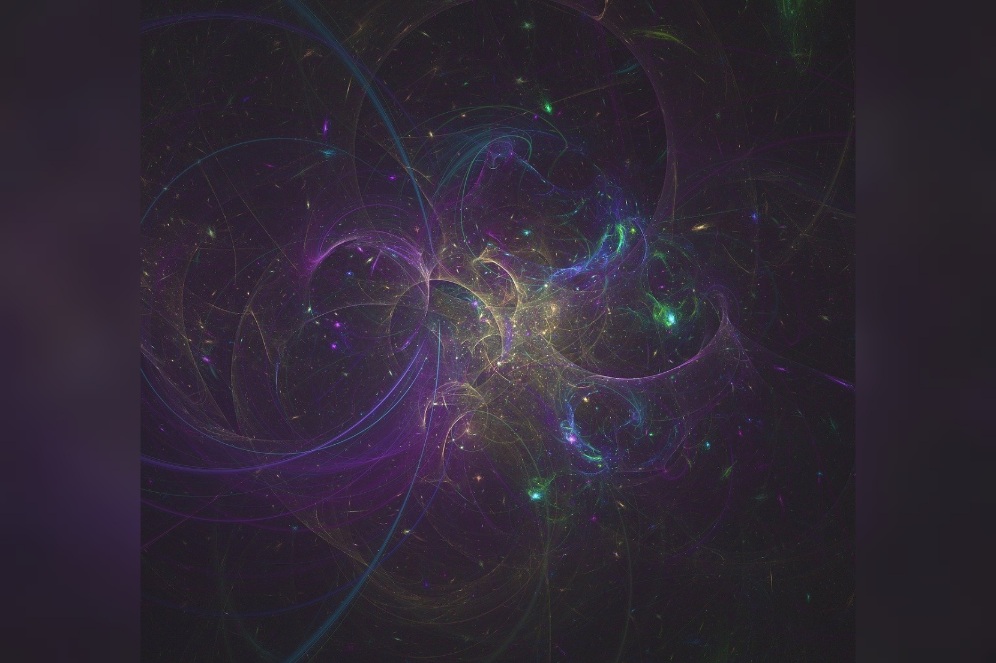Antimatter has been a fascinating topic for both scientists and the public since its discovery in the early 1900s. It gives us a glimpse into a possible parallel universe where everything is the opposite of what we know. But what exactly is antimatter, and how does it relate to the idea of life after death?
Antimatter: An Overview of the Opposite of Matter
Antimatter can be defined as the opposite of matter. It comprises particles that have the same mass as their corresponding matter particles but with opposite charges. For instance, the antiparticle of an electron is a positron. When a matter particle and an antiparticle collide, they annihilate each other and release a significant amount of energy. This has led scientists to speculate about the existence of an “antiverse,” a parallel universe made entirely of antimatter.
The Probability of Life After Death: An Exploration of Consciousness
The idea of life after death has been intriguing humans for thousands of years. Many cultures and religions have complex beliefs and rituals surrounding the survival of the soul or consciousness after the physical death of the body. Recently, physicists and philosophers have begun to explore the possibility of life after death scientifically.
Antimatter and the Afterlife: A Scientific Perspective
One theory that has gained popularity is that consciousness could be a form of information that surpasses the physical body. According to this theory, the information that makes up our consciousness could survive the death of our bodies, just as a file can be copied from one computer to another. This means that our consciousness could exist in another realm where the laws of the physical universe do not apply.
The Antiverse: A Parallel Universe Made of Antimatter?
An interesting aspect of this theory is the connection between antimatter and consciousness. If consciousness is information, then it’s possible that it could exist in an antimatter realm. The idea is that when we die, our consciousness could be transferred to an antimatter counterpart of our physical body, where it would continue to exist.
Consciousness as Information: A Theory of Life After Death
While this idea may seem far-fetched, there is some scientific evidence to back it up. Recently, physicists have found that antimatter particles have a longer lifespan than previously believed. This has led some scientists to hypothesize that there may be areas in the universe where antimatter dominates and that life could exist there.
The Relationship between Antimatter and Consciousness: An Intriguing Possibility
However, there are still many questions that need to be answered about the nature of consciousness and the relationship between antimatter and the afterlife. For example, it’s not clear how information could be transferred from a matter body to an antimatter one. It’s also unknown what existence in an antimatter realm would be like and how it would differ from life in our physical universe.
The Experience of Existence in an Antimatter Realm: Unknown and Unclear
In conclusion, the possibility of life after death existing in an antimatter realm is intriguing, but it remains speculation at this point. While there is some scientific evidence to support the idea, more research is needed to determine its viability. Until then, the question of whether there is life after death remains one of the universe’s great mysteries, captivating the imaginations of scientists and the public alike.
Further readings:
What is Antimatter?” by Lifescience
The Afterlife by GreekReporter
Antimatter and the search for a mirror universe by ScienceNewsExplores
Antimatter – Definition and facts by Encyclopedia Britannica


Comments